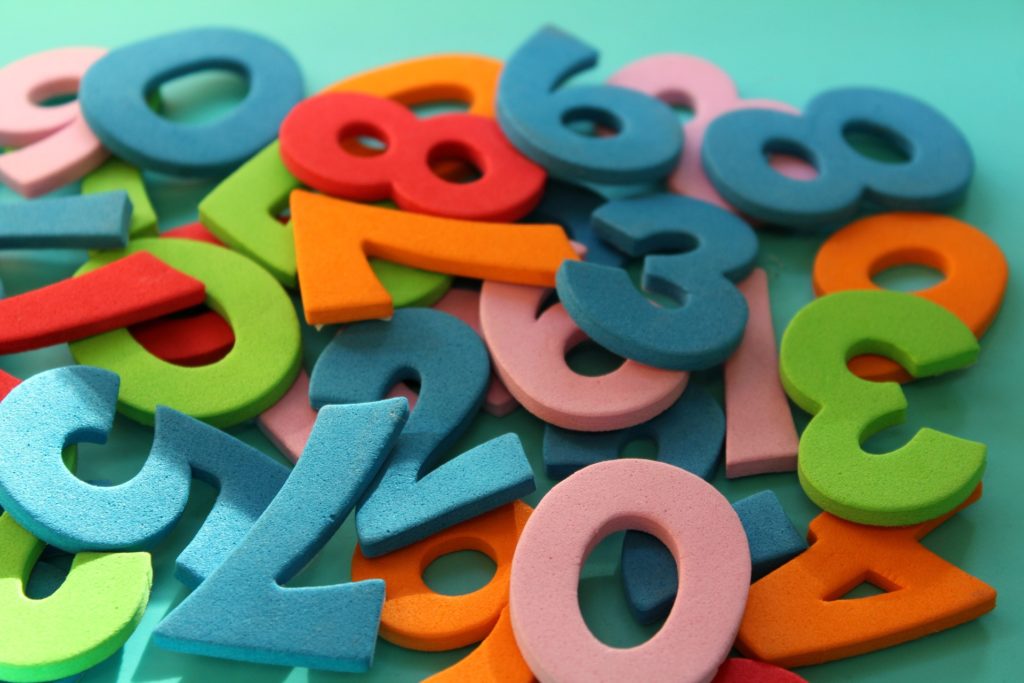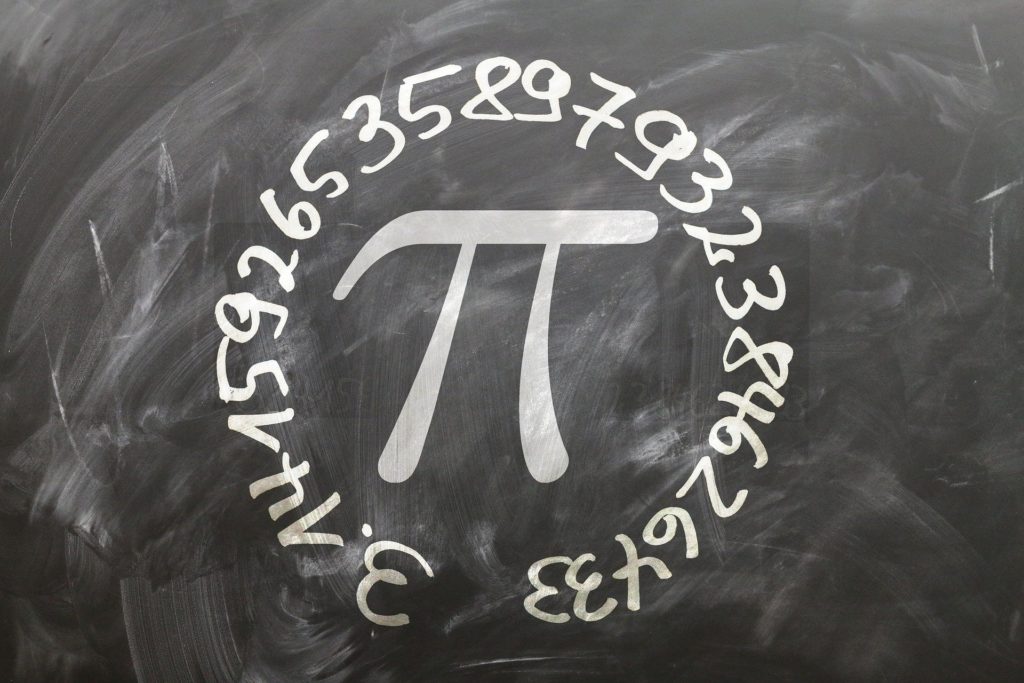Numbers Up To A Million In Russian Posted by Nadya on Jun 25, 2021 in language, Vocabulary
Over the past few days, I have several times come across a funny post on a social network about numbers in Russian. This gave me the idea to write today’s blog.
0-10
As Russian teachers say, there are exceptions to every rule. If you are not familiar with Russian numerals yet, be sure to read this blog.
Until ten, we just need to memorize the names of the numbers. Let’s see how to write them in Russian:
0 – нуль or ноль
1 – один
2 – два
3 – три
4 – четыре
5 – пять
6 – шесть
7 – семь
8 – восемь
9 – девять
10 – десять.
11-20
After ten and before twenty, we take a number from the list above and add the ending “надцать.” Thus, it turns out like this:
11 – один + надцать = одиннадцать.
Then, logically, it should be:
12 – два + надцать =
дванадцать.
For a reason unknown to me, in Russian, the numerals ОДИН and ДВА have genders. Moreover, the masculine and neuter genders are written the same.
одИн (masculine) мужчина
однА (feminine) женщина
однО (neuter) яблокодвА (masculine) мальчика
двА (neuter) яблока,
but двЕ (feminine) девочки.
Here I even want to apologize to everyone who teaches “великий и могучий русский язык” (“the great and mighty Russian language” — based on a Russian novelist Turgenev). In this case, we are using the feminine gender.
две + надцать = двенадцать.
Further, we move according to the same scheme.
три + надцать = тринадцать.
Then четыре + надцать = четыренадцать? Alas, but also not.
Starting at fourteen, we remove the last letter in the number. “Why?” – you ask. However, this is also a mystery to me.
So, we get:
четыр + надцать = четырнадцать
пят + надцать = пятнадцать
шест + надцать = шестнадцать
сем + надцать = семнадцать
восем + надцать = восемнадцать
девят + надцать = девятнадцать.
20 – 90
Then, starting from twenty, you should use the following scheme:
the name of the number itself + “дцать.”
Let’s add ten every time:
20 – два + дцать = двадцать
30 – три + дцать = тридцать
40 – четыре + дцать =четыредцать.
And here is the next long-awaited exception. But the correct name would be “сорок.” However, this name has nothing to do with “четыре.” Fortunately, Wikipedia knows the history of the name. It’s funny, but the word is related to a fur coat.
A bundle of forty skins, such as sables, was a unit of measure of trade. To sew a fur coat, on average, just as many skins were needed.
And again, starting at fifty, the scheme changes. Now you need to add “десят” instead of “дцать:”
50 – пять + десят = пятьдесят
60 – шесть + десят = шестьдесят
70 – семь + десят = семьдеят
80 -восемь + десят = восемьдеят
However, 90 – “девяносто” and not “девятьдесят.”
Yet, let’s get back to the twenty. In this case, everything is standard. Same as in English:
21 – twenty + one = twenty one – двадцать + один = двадцать один
32 – thirty + two = thirty two – тридцадь + два = тридцать два
and so on.
100-900
Now we add a hundred. I would say that in this interval, the numbers end in “сот,” because:
500 – пять + сот = пятьсот
600 – шесть + сот = шестьсот
700 – семь + сот = семьсот
800 – восемь + сот = восемьсот
900 – девять + сот = девятьсот.
At the same time:
200 – двестИ
300 – тристА
400 – четырестА.
1,000
“A thousand” or “one thousand.” This number in Russian is used in the feminine gender. Starting from two hundred thousand, we go to the plural. Thus it results in:
2,000 – две тысячИ
3,000 – три тысячИ
4,000 – четыре тысячИ.
Of course, that would be too easy. So we change the ending again. Now we just remove the vowel at the end:
5,000 – пять тысяч
6,000 – шесть тысяч
7,000 – семь тысяч
8,000 – восемь тысяч
9,000 – девять тысяч.
Analogously, continue in this vein to a million using the above schemas.
1,000,000
Of course, counting millions can be enjoyable. In Russian, this million, trillion, and beyond are masculine:
2,517,382 – Два миллиона пятьсот семнадцать тысяч триста восемьдесят два.
By the way, you can find more examples in this blog.
In addition to the names of the numbers themselves, there are ordinal and collective numerals and their cases. Honestly, even native speakers are sometimes confused by such a variety of names. Nevertheless, I hope that I was able to make this task a little easier.

Build vocabulary, practice pronunciation, and more with Transparent Language Online. Available anytime, anywhere, on any device.





